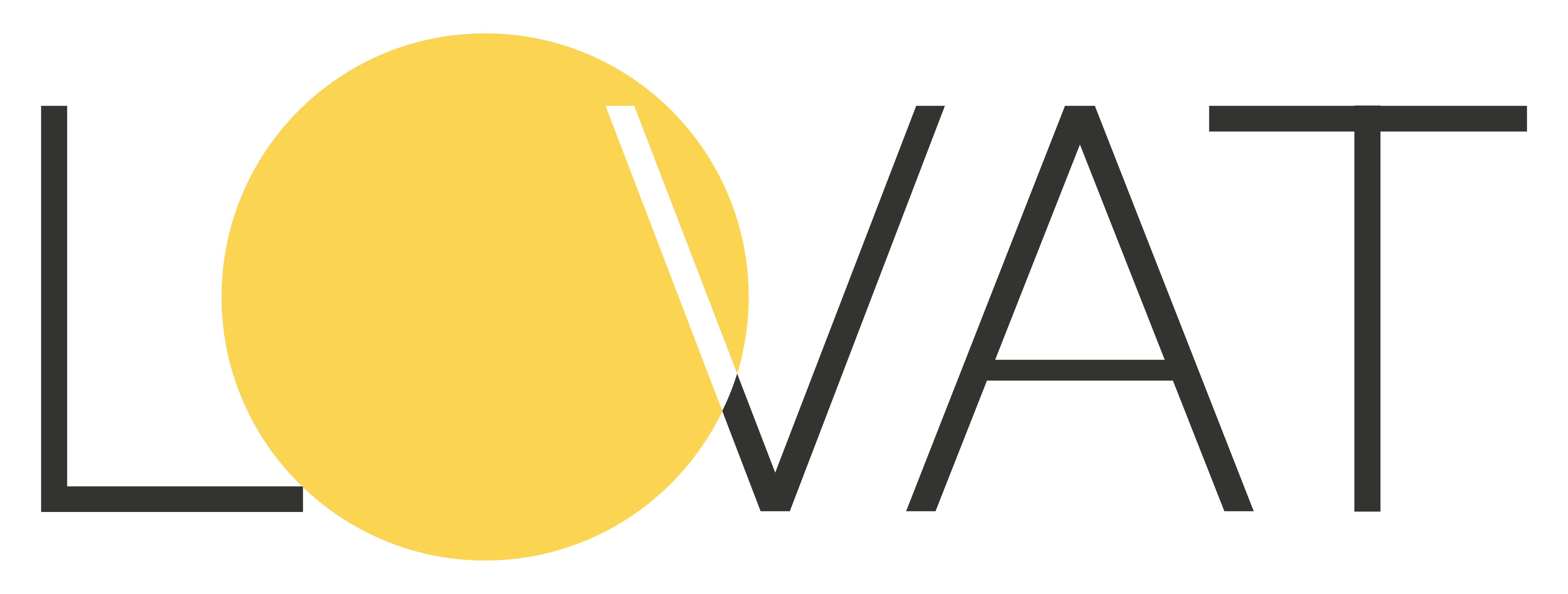VAT Standard rate
VAT is an indirect tax based on consumption within South Africa. Companies have to charge VAT on the taxable supply of goods or services, including electronic services, provided by a supplier. As of April 2018, the standard VAT rate in South Africa is 15%.
It’s important to note that non-resident companies supplying electronic services to South Africa must apply the standard VAT rate. The zero VAT rate doesn’t apply to any type of electronic service.
Vat registration threshold
Non-resident companies must register for VAT when the total value of their taxable supplies exceeds the registration threshold.
For non-resident companies supplying electronic services to South Africa, the VAT registration threshold is ZAR 1 million per year (approximately 51 thousand USD).
Pieces of evidence
To determine the place of supply in South Africa, the following information can be considered:
- The physical presence of the customer in South Africa, such as business address or residential address;
- South African nationality or citizenship, which can indicate residency;
- The customer’s tax identification number strongly indicates South African residency;
- Banking and payment information, such as the location of the customer’s bank or the currency used for payment;
- Other relevant factors, including language, phone number, or access address to digital services, may also be considered in determining residency.
E-services list
Electronic services refer to electronic and digital content provided via electronic means, using the Internet or other telecommunications services. Examples of electronic services include:
- Educational services, such as distance teaching programs, educational webcasts, courses or education programs, and webinars;
- Games and games of chance, including electronic games, interactive games, electronic betting, or wagering;
- Auction services;
- Online advertising or provision of advertising space;
- Online shopping portals;
- Web-based broadcasting;
- Accessing or downloading E-books, audiovisual content, still images (e.g desktop themes, photographic images, screensavers), music (e.g ringtones, songs, live streaming performances), and films;
- Access to blogs, journals, magazines, newspapers, games, publications, social networking, webcasts, webinars, websites, web applications, and web series;
- Website hosting, data warehousing, and application hosting.
Registration procedure
To register for VAT you need to download the VAT application form (VAT101), sign it, and e-mail it along with other relevant supporting documents to the Tax Authority.
Tax representative
Non-resident companies or intermediaries supplying electronic services are not obligated to appoint a local tax representative in South Africa.
Keeping records
Each company must maintain records of all services supplied, including invoices, tax invoices, credit and debit notes, bank statements, deposit slips, etc. These records should be kept for 5 years and can be stored in electronic form.
Filling vat return
Every individual or entity registered for VAT, or their authorized representative, is required to submit a VAT return to the General Authority for Zakat and Tax (GAZT) for a monthly or quarterly tax period. The VAT return serves as the taxable person’s self-assessment of the tax amount owed for that specific period.
Taxable persons with annual revenues surpassing SAR 40 million must adhere to monthly tax periods. On the other hand, for all other VAT-registered individuals or entities, the standard tax period is three months.
The filing of the VAT return and the payment of the net tax amount owed must be completed by the final day of the month that succeeds the conclusion of the tax period associated with the VAT return.
For example, January VAT return have to be submitted by February 28.
Vat payment date
Companies can make VAT payments electronically using the SWIFT payment method. Vendors of electronic services are required to make payments no later than on the last business day of the month following the reporting period.
For example, the company has to pay VAT for 1 Quarter of 2023 no later than April 30, 2023.


